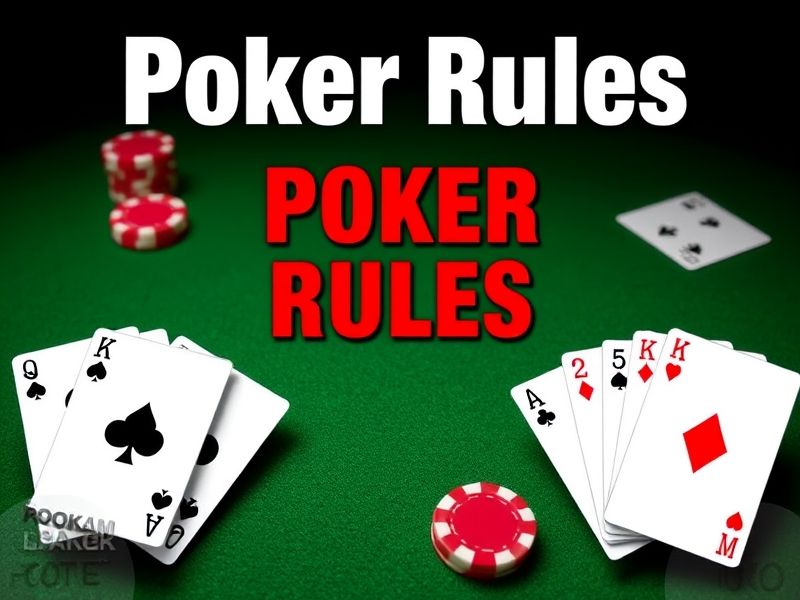
poker rules - Poker Basics
Hey everyone, welcome to today's super exciting topic – let's talk about poker! For many thrill-seekers and intellectual challengers, poker is more than just a game; it's a manifestation of life philosophy – a battle of strategy and luck, a duel of psychological tactics, and a stage for social interaction and intellectual competition. Whether you're a novice or a seasoned player, understanding the basics of poker is the first step towards becoming a master at the table. Today, we'll start from the basics and delve into the world of poker, turning you into the kind of player who can confidently say, "Don't even think about bluffing me!"
- Understanding the Basic Rules
First things first, just like any game, knowing the rules is essential before taking any action. Take Texas Hold'em, for example. Each player is dealt two private cards, followed by rounds of betting until the fourth round of community cards is dealt. The goal is to have the best five-card combination, known as the "hand," which is formed by combining your private cards with the community cards. Each betting round is thrilling because even the big shots have to start from the blinds.
- Critical Moments: From Private Cards to Community Cards
Your private cards are your secret weapons on the table, their value determined by their potential in the game. Community cards are shared, and everyone uses them. Each time a card is revealed, you have the opportunity to adjust your strategy. What once seemed like a "useless" community card might suddenly become the key to your victory.

- Types of Hands: Are You Sure It's Not Me?
We know there are countless types of hands in poker, from "two pairs" to a "royal flush," each with its own value. Mastering the meanings of different hands is not only useful in the game itself but also a clue to analyzing your opponents' psychology.
- Strategies and Traps
In Texas Hold'em, understanding your position is crucial. The blind zone is usually full of risks, so you need to be extra cautious. However, positioning can also be a source of advantage. Being in the last position to bet allows you to make decisions based on your opponents' moves. Remember, top players always set traps to lure you in, but a smart player's keen eye will spot them immediately.
- Practical Experience: You Need to Try and Fail
While theoretical knowledge can help you foresee potential opportunities and traps, the real way to improve your skills is through practical experience. Constantly making mistakes and learning from them is the true path to growth.
In the end, I want to say that poker is not just a test of skill but also a test of your strategy, sense of control, and adaptability to the unknown. If you're interested in this challenging and rewarding game, this journey will surely keep you captivated. So, why wait? Let's hit the tables and find that thrill and satisfaction together! In just a week or two, you'll become a well-rounded poker novice, and who knows, you might even discover a few unexpected rewards along the way!
So, don't drop out now – join us and set your money boat sailing towards the real water sports of poker! Next time, we'll dive deeper into tactical layouts and subtle psychology until you become the king of your own table. Follow me, and don't miss any dazzling moments!

